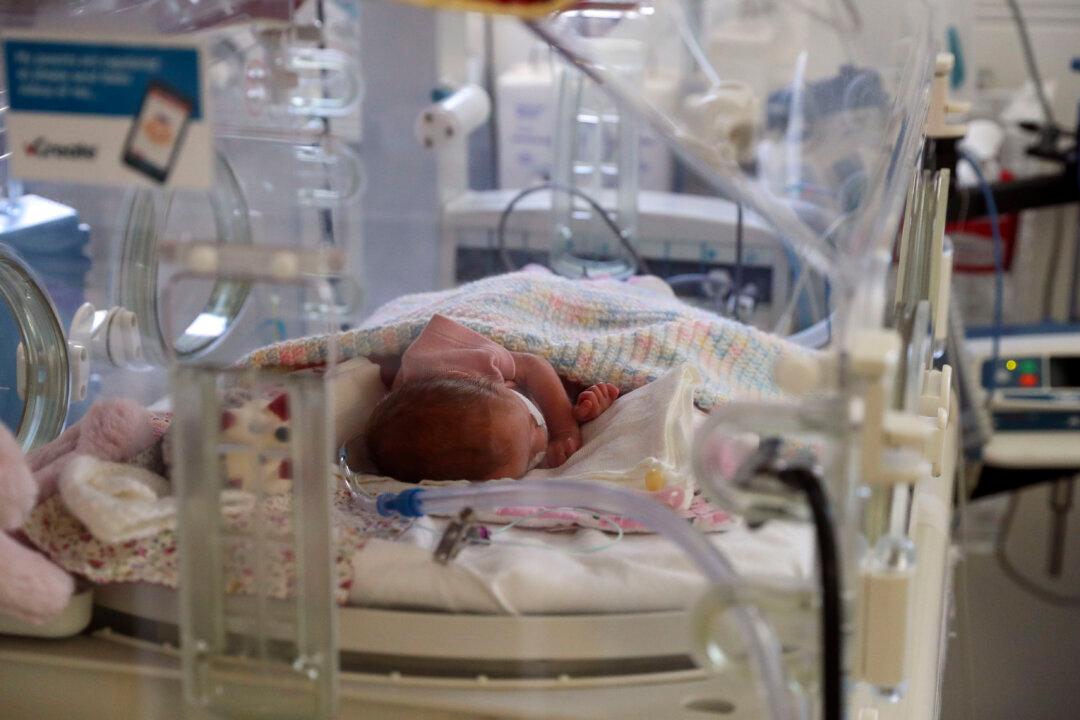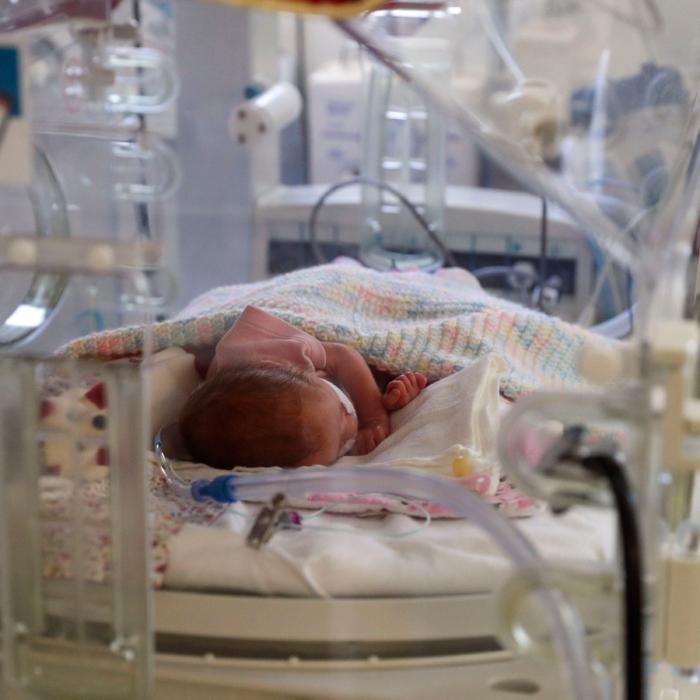Patient safety in England has deteriorated to “alarming” levels over the past two years, particularly in maternity services, a report has found.
Research conducted by the Institute of Global Health Innovation at Imperial College London, released on Thursday, showed that conditions worsened in waits for urgent care, hospital infections levels, and mortality from treatable causes, such as sepsis and blood clots.
The number of patients with hospital-acquired bacterial infection Clostridium difficile increased by 54 percent between 2018–2019 and 2023–2024. This prompted concerns about the NHS slipping on progress tackling hospital infections in previous years.
Last year, the UK ranked 21st out of 38 countries in patient safety, behind Norway, South Korea, Ireland, and Spain.
Had the UK performed at the level of the top 10 percent of the OECD countries, 13,495 lives could have been saved on an annual basis, an increase in cases from 12,675 deaths in the 2022 report.
Maternity Care
Researchers warned of the deterioration of NHS maternity and said it requires urgent attention. For the first time in a decade, rates of maternal and neonatal deaths have risen and continue to rise.Rates of stillbirths, neonatal deaths, and maternal deaths have all worsened, with maternal deaths per 100,000 maternities increasing from 9.71 in 2022 to 13.41 in 2024.
Between 2013–2020, the neonatal death rate fell from 1.7 to 1.3 per 1,000 live births. This figure rose to 1.5 in 2022; an increase of 15.4 percent.
Stillbirths, when a baby is delivered at or after 24 weeks of pregnancy and shows no sign of life, rose to 4.1 per 1,000 births, or 8 percent, in 2021 on the previous year. This was followed by a drop to 3.9 stillbirths per 1,000 births.
At the same time, the disparities in outcomes, particularly for black women, remain stark and unresolved, the report said.
The difference in maternal mortality rates among women from black ethnic backgrounds compared to white women remains almost three-fold, and two-fold for women from Asian ethnic backgrounds.
Darzi said that the decline in patient safety was “alarming.”
‘Inadequate’ Care
According to the Institute of Global Health Innovation, the impacts of unsafe care are spread unevenly across England, with greater impact in the north than the south.Cases where death or disability is caused by a treatment are twice as high in the northeast of England than in Greater London.
Authors of the report recommended establishing a set of patient safety priorities for the NHS, with NHS trusts to adopt proven approaches in tackling harmful safety problems. The advice follows several recent reports that have shed light on the challenges within NHS maternity services.
The CQC report highlighted issues such as poor safety standards, inadequate incident handling, and staffing shortages leading to delays and unaddressed concerns from expectant mothers.
Testimonies included accounts of neglect, lack of compassion, and medical errors resulting in severe outcomes like stillbirths and lifelong injuries.
A Department of Health and Social Care spokesperson said the government is working to “introduce a culture of transparency” in the NHS.
“We are committed to driving up standards in healthcare through our Plan for Change, and we will tackle the shocking inequalities that exist across the country. We will also work closely with NHS England to train thousands more midwives to better support women throughout their pregnancy and beyond,” the spokesperson added.







